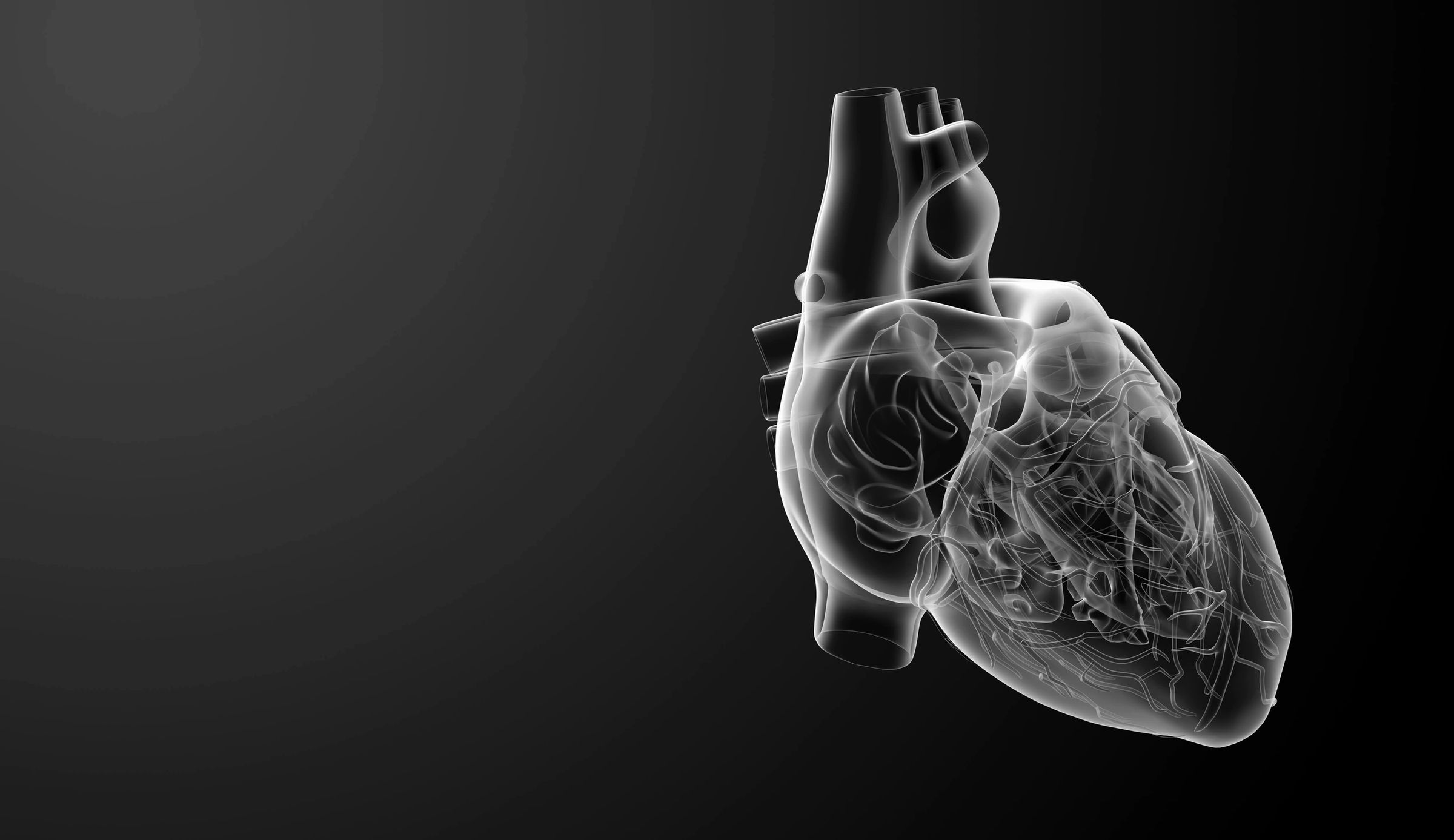Congestive Heart Failure

Congestive Heart Failure
Dr. Claire Arcidiacono, ND
Our next topic is something that may seem uncommon but is actually more common than you would think. This is congestive heart failure. When people refer to having a “weak heart” they are referring to congestive heart failure. What is congestive heart failure? Basically what happens when you have Congestive heart failure or CHF for short is the heart is unable to pump blood throughout the body. Over time blood and fluids start to build up in different parts of the body. The 3 types of CHF are left sided, right sided, and high output failure.
What causes our heart to fail? There are a number of situations that can cause our heart to fail. Recreational drug use, including tobacco use as well as certain medications can lead to heart failure. Having a family history of CHF also places you at risk of CHF. Having a personal history of high blood pressure, coronary artery disease, diabetes and having a past heart attack all increase risk of CHF. Additionally being over 65 increases risk of heart failure. Having an enlarged heart known as cardiomyopathy can also increase risk of CHF. There are congenital heart disorders which are present at birth that over time can cause CHF. Having a history of arrhythmia is also a risk factory. Life style risk factors that can increase our risk of heart failure include alcohol use, BMI over 30, being inactive and eating a diet high in saturated fat and salt. Lastly having a history of rheumatic fever can overtime increase the risk of developing heart failure.
Heart failure is broken down into 4 stages. These stages start with high risk of developing heart failure and end with having advanced heart failure. Other conditions that can affect heart function include chronic lung disease, thyroid disorders, anemia and even kidney disease. It is important to address these concerns to help keep our heart working as well as possible.
What are the classic signs of heart failure? While not everyone will experience these symptoms it is important to know what you may experience especially as the disorder gets worse over time. Now as I said the most common symptoms are swelling in the ankles, legs abdomen and even a bloated or heart stomach. This swelling occurs due to the hearts inability to pump fluids and gets worse as the heart fails to do its job. Because of the buildup of fluid in the body there may be weight gain without any change in diet. There may also be nausea. Our ability to breath can be impacted with a feeling of shortness of breath or SOB. You may also wake up with a feeling of SOB. There may also be a chronic dry cough. There can be chest pain and heart palpitations. As fluid builds up there may be a need to urinate at night. Lastly you will experience fatigue that gets worse over time.
Unfortunately, chronic heart failure gets worse over time. Because of the hearts inability to pump blood throughout the body there are some series complications that can occur. This includes a buildup of fluid in the lungs which can lead to pulmonary hypertension. There may also be kidney damage, liver damage and even heart valve damage. CHF can even lead to an irregular heartbeat. Due to nausea there may be malnutrition. Lastly, over time CHF can lead to sudden cardiac arrest. Heart failure has to be taken seriously. While there is no cure there are certain things that can help improve our hearts function. (1, 2)
- CoQ10 has been found to have amazing benefits according to the Mayo Clinic. According to the Mayo Clinic CoQ10 can help reduce the symptoms of congestive heart failure. The Mayo Clinic has also found that CoQ10 may help with blood pressure and it may even help our heart to heal after surgery. (3)WebMD agrees that CoQ10 is a great supplement for the heart especially for blood pressure and coronary disease. (4) Lastly I’ve linked to a study that showed that CoQ10 is a valuable addition to a treatment protocol for congestive heart failure. (5) Please see Invites CoQ10 60 mg and 120 mg!
- Omega 3 supplements are one of the best supplements for overall health. The Cleveland clinic has found many benefits for omega 3s when it comes to heart health. These include helping to lower triglycerides, reducing the risk of atherosclerosis and even helping with blood pressure. (6) Studies have also found omega 3s to help heart mortality. (7) Please see Invites Fish Oil and Krill Oil Advanced.
- Magnesium has also been found in studies to be helpful for heart health after a heart attack. (8) Please take a look at Invites line of Magnesium!
- Olive Leaf is an amazing supplement for our heart. Take a look at my blog on this.
- Our product spotlight will be on Beets Hx!
Sources
- https://my.clevelandclinic.org/health/diseases/17069-heart-failure-understanding-heart-failure
- https://www.mountsinai.org/health-library/diseases-conditions/heart-failure-overview
- https://www.mayoclinic.org/drugs-supplements-coenzyme-q10/art-20362602
- https://www.webmd.com/diet/supplement-guide-coenzymeq10-coq10
- https://www.ncbi.nlm.nih.gov/pmc/articles/PMC6822644/
- https://my.clevelandclinic.org/health/articles/17290-omega-3-fatty-acids
- https://www.thelancet.com/journals/eclinm/article/PIIS2589-5370
- https://www.frontiersin.org/articles/10.3389/fcvm.2022.936772
